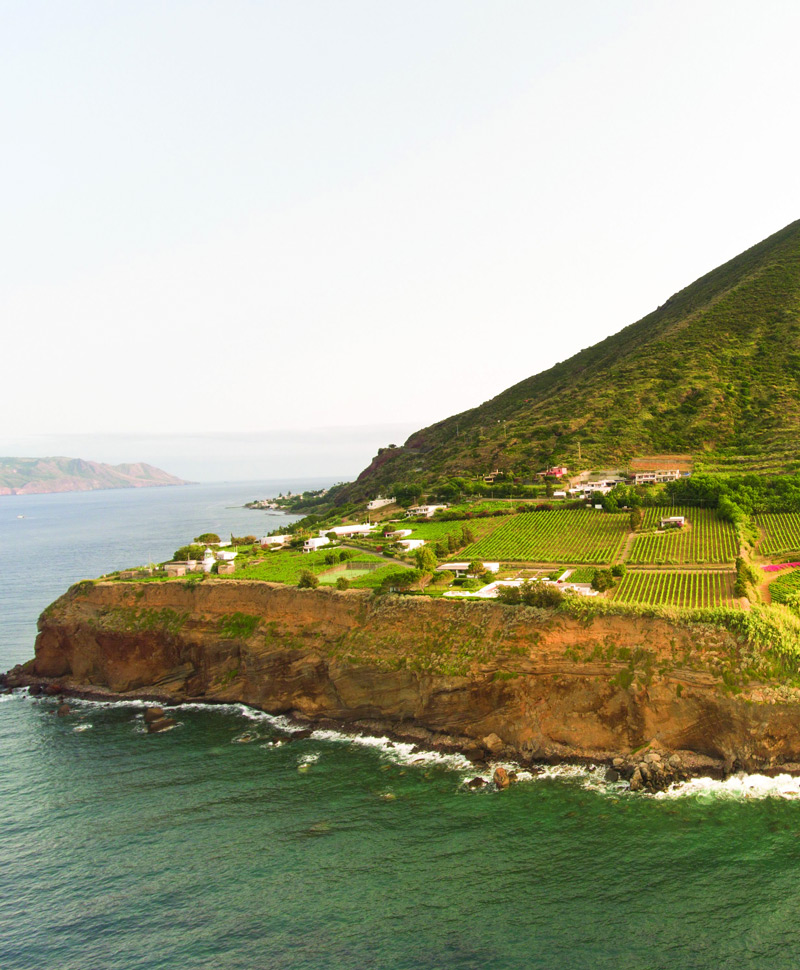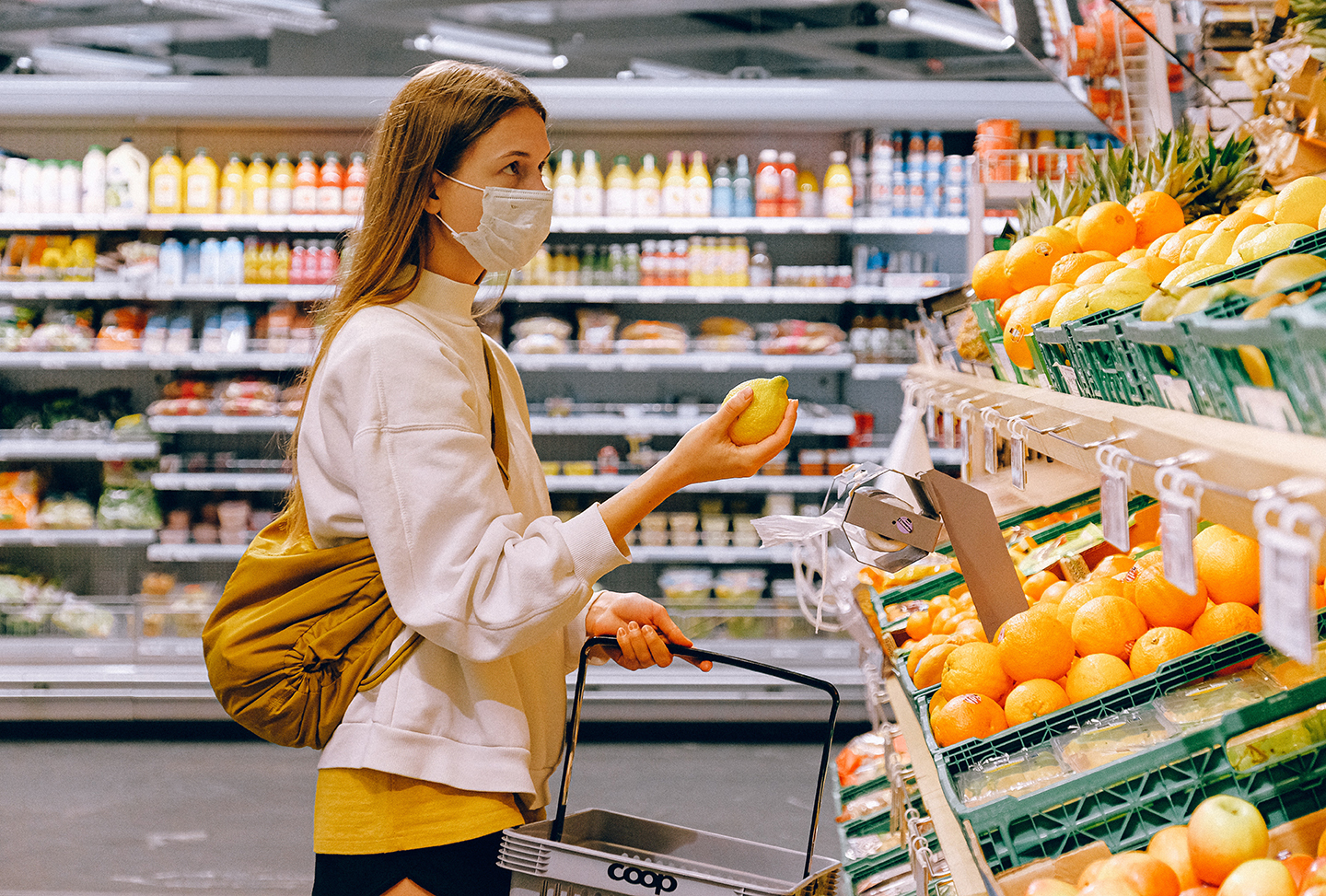Limitless possibilities in spectacular destinations, Balance Holidays' exceptionally curated wellbeing travel experiences bring individuals on multi-sensory journeys that enrich and awaken the heart, body and mind..


Where have you been turning to support personal wellbeing? Perhaps before Coronavirus, wellbeing was considered a fanciful ideal wrapped in Zen, perfect happiness and optimal health. Although this is still true, through recent events, many are beginning to realise that wellbeing is in fact, a way of living. Realising it touches all aspects of our lives and can be achieved through different mediums other than sitting cross-legged on a mat and drinking copious amounts of green tea. With attention to personal health, longevity and the value of living being propelled into the front seat. Consciousness to maintain health and wellbeing is converting into motivation to explore new lifestyle habits and behaviours.
Consumers and researchers alike have been intrigued by immunity for several years. Indicated by Google Trends Data, it is no surprise search terms ‘immune system’ and ‘food’ climbed 670% between February and March 2020. As we begin looking forward to easing out of confinement and turning on our heels from the pandemic. The value of our immune system and supporting immune health and resilience will stay with us.
However, while immunity-conscious consumers may have previously turned to “immunity boosting” supplements and therapies. The Global Wellness Institute suggests that in 2021, immune health will have a different feel and look: less about boosting, more about balance. Geared towards approaches focused on diet and lifestyle fundamentals: frequent exercise, quality sleep, hydration and a balanced diet. That carries a proven track record and science-backed evidence to prove its positive influences and how it sustains immune health.
Why? In a discussion with Dr Cassel at Cedars-Sinai, he says “a strong immune system” is equivalent to one that is also weak. This is because, while a weak immune system may lead to little response to fighting infections and virus. A strong immune system on the other hand would provoke an over-response. Rendering the idea of “having more immunity” a scientific misconception and to instead focus on maintaining immuno-stabilisation. He also adds, ingesting vitamins and supplements see no effect on immunity response by those who take it. Motivating people to pursue different options based on informed decisions to meet individual immune-health goals.
It is the first thing we do as we enter the world and the last when we depart. Our bodies act and respond intuitively to the trivialities of the day and it is a free resource accessible by all. Breathing is simple and it is free but its value in our lives is often overlooked. Despite much of the pandemic holding emphasis on cleanliness and hygiene, our breath will receive new significance in 2021.
The Global Wellness Institute remarks breathwork as a “drug-free way of achieving clarity and calm”. Yet, many have engaged in various breathing techniques such as the Butekeyo, Wim Hof Method or simply Pranayama with their evening yoga class before the pandemic. So what is new and why will breathwork gain more importance? Much like immune health, increased interest on our breaths will be a by-product accelerated by Covid-19. Reminding us the natural resources available at our disposal and the importance of caring for it. Additionally, reputable medical bodies, which include, Harvard Medical School, European Respiratory Society and National Centre of Biotechnology Information, have conducted studies to unearth a positive correlation between our breath and physical and mental health and abilities. Displaying a similar relationship that suggests our breath acts as a mechanism to fight off depression, anxiety and hypertension too. Turning 2021 into a year of marriage between ancient principles of breathing, modern science and personal consciousness.
Eating out or turning to ready-made meals may have been a default choice for many time-strapped individuals. Hoping for a shortcut that chews up as little time as possible. This automated behaviour required minimal thinking, as efficiency was top of the list. As our focus in 2021 will be centred on immunity and sustainability rather than quick fixes, we will continue to learn the intrinsic link between food and health. Driving more momentum towards intuitive eating.
So what is intuitive eating? According to the Heathline, it is an eating philosophy based on listening and trusting signs from your body to influence decisions on food. There are 10 key principles of this approach: rejecting the diet mentality, honour your hunger, make peace with food, challenge the food police, discover the satisfaction factor, feel your fullness, cope with your emotions with kindness, respect your body, movement –feel the difference and honour your health – gentle nutrition. Overall, the main concept is to condition the body and mind away from judgemental diet cultures and to let responses from the body guide us into a state of harmony and pleasure with food. As opposed to imposing strict dietary guidelines and shunning and excluding particular foods from our diets.
Time spent at home has greatly exceeded social interactions in the past year. Increasing cravings to be outside in the open air besides the carefree bustles of nature. Once the choice for digital detox and an escape from the cluttered cities, interest for nature immersive travel experiences are predicted to yield exceptional demand. As safety and personal space remain at the forefront of traveller’s minds, old behaviours and attitudes towards travel will receive a full reset. Driven not only by the longing for travel and adventure but a stark understanding of how tourism can deliver change.
With a shift in interests for biking, hiking and wild outdoor adventures, travellers are motivated by the need for stability. Combined with the intent to use the power of tourism to protect the environment and channel sustainable growth and development for local communities. At Balance Holidays, we have been curating and designing wellbeing travel experiences that are positioned in the palms of nature. As we believe nature is conducive to our vibrant and natural self. Above all, our programmes are not only likened for the generosity of space and privacy but for being advocates of eco-tourism too. Encouraging guests to go slow and relearn the rudimentary skills to support their everyday wellbeing that is simultaneously mindful, enriching and tentative to the local environment and communities.
Sign up to our newsletter for exclusive retreat launches, priority access to events and curated wellbeing content